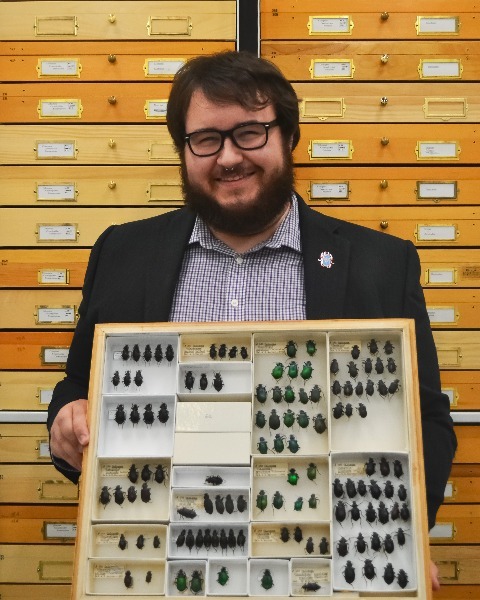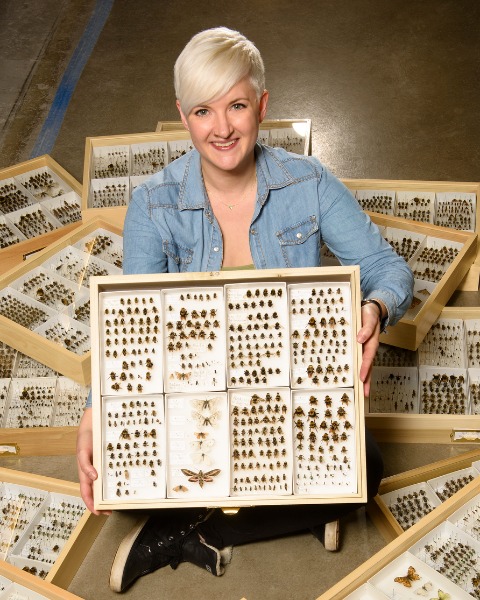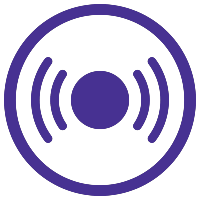Member Symposium
e-Entomology: Inclusive Outreach in a Digital World
3: How online outreach can make us better scientists
Thursday, November 19, 2020
2:35 PM - 2:50 PM EST

Evan S. Waite (he/him/his)
Arizona State University
Tempe, Arizona
Christine Bell
University of Wyoming
Laramie, Wyoming
Presenting Author(s)
Co-Author(s)
Online social media platforms like Facebook, Twitter, and Instagram are traditionally used for staying in touch with old friends and connecting with people that share a common interest. The communities created in groups for these common interests include passions for things like baking, house plants, and of course, entomology. The entomological community on Facebook alone spans several dozen groups with well over 500,000 members. The membership of these insect groups consists of everyone from emeritus professors and current graduate students to enthusiasts and people looking to overcome their phobias. These online entomological communities represent an untapped resource for professionals to improve their ability to simply communicate their science to the general public. SciComm is a progressively more important component of being a scientist across disciplines, often with goals of increasing science literacy and accessibility among the community. The unique opportunity presented by these Facebook groups allows for development of more well-rounded scientists. These groups can be used to improve identification skills, stay up to date on current literature, and to announce citizen science projects but these uses only benefit us that are already in the scientific community. These platforms allow for advocacy of not only biodiversity but also for the diversity among participants in science. Online communities can allow underrepresented groups access to resources that may not otherwise be available to them. Thus, social media SciComm groups are becoming an indispensable platform of inclusiveness, participation, and furthering education between the scientific community and the public.

